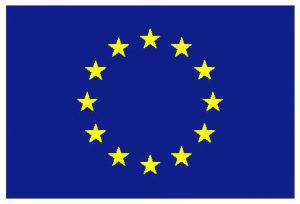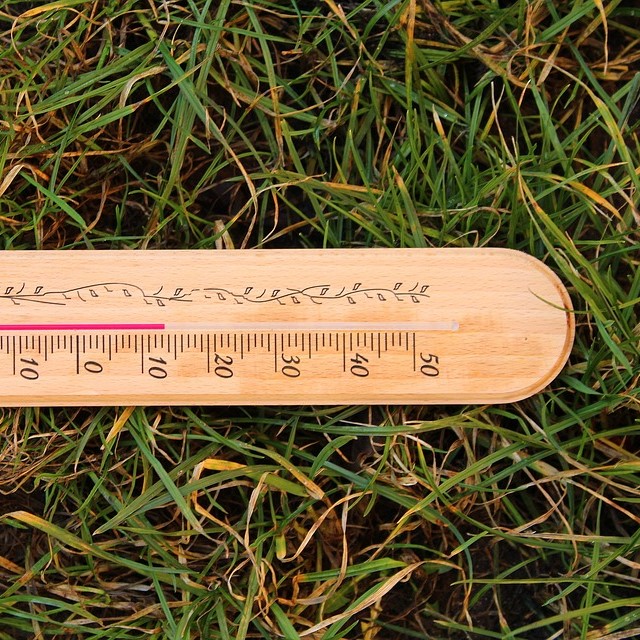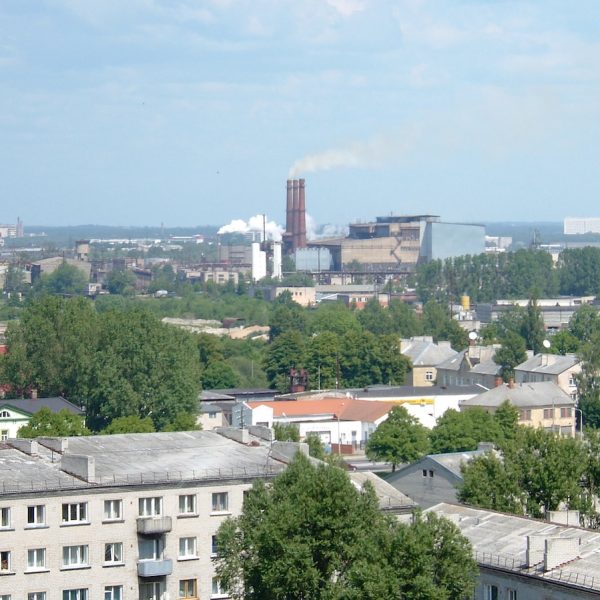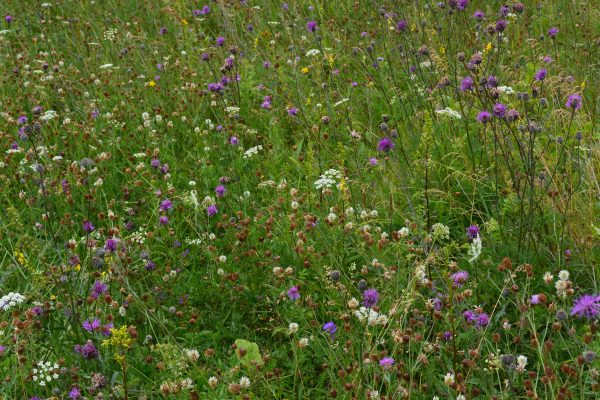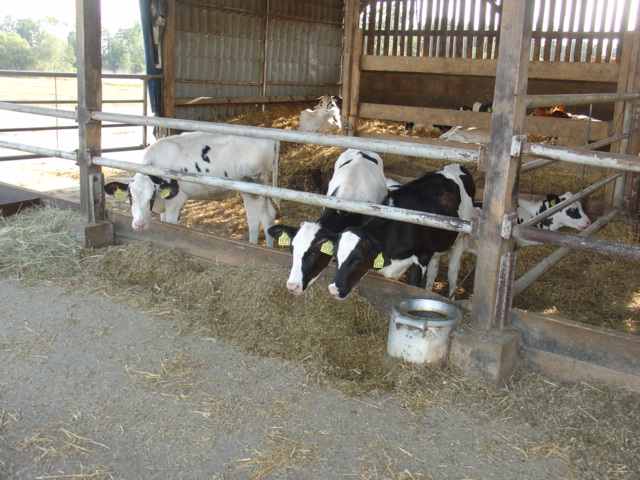
There is an increased awareness that the challenges of producing enough food and biomass while preserving soil, water and biodiversity cannot be solved only by dominant types of conventional agriculture, and that agro-ecological approaches and eco-functional intensification are fundamental for sustainable food production in the future. However, despite significant effort of national governments and stakeholders, the provision of public goods together with market/private goods is not in balance and frequently not sustainable at farm or farm systems levels. The key dilemma is how to produce public goods whilst having viable production of private goods, securing economic and social sustainability at a farm level, which is not overly dependent on public funds. This dilemma has specific characteristics in different farm systems.
Objectives
The ambition and overarching objective is to strengthen the sustainability of European farming systems, through co-constructing improved and practice-validated strategies and incentives for the promotion of improved agro-ecological approaches. UNISECO addresses the work programme topic SFS-29-2017 and contributes to Sustainable Food Security by identifying and supporting farming systems that enable the production of healthy food while preserving the environment and bringing added value to farm households and the different stakeholders of the value chain.
UNISECO:
– enhances the understanding of socio-economic and policy drivers and barriers for further development and implementation of agro-ecological approaches in EU farming systems to identify and facilitate more effective management strategies for European agriculture. This requires a wider systems perspective, considering socio-economic, ecological and political settings at a territorial level;
– operationalizes a socio-ecological systems framework that integrates external settings into a sustainability assessment of farming systems, paying particular attention to the role of different types of actors and their roles in sub-systems;
– provides a methodological toolkit to assess the environmental, economic and social impacts of innovative strategies and incentives for agro-ecological approaches in EU farming systems at farm and territorial levels. The methodological toolkit will be tested in participatory case studies in 15 European countries with different biophysical, socioeconomic and socio-cultural contexts of farming systems.
UNISECO is committed to a genuine transdisciplinary process, reflected in consortium composition of stakeholder and scientific partners, and the emphasis on multiactor engagement. Group learning processes, integrating practical and theoretical knowledge, will benefit scientists, stakeholders and end-users through improved understanding on how to strengthen sustainability of EU farming systems.
The Latvian case study aims to explore transition strategies which address barriers and drivers of the economic viability of conventional and organic, largely grass-based, dairy farms by identifying actions that strengthen organic and agro-ecological farming practices, increasing the amount of certified organic milk processed into organic dairy products and stimulating consumer demand for organic dairy products.
Please find out more about Latvian case study:
- Please find out more about Latvian case study:
- on project’s website: https://uniseco-project.eu/case-study/latvia
- policy brief “Policies Enabling Transition to Organic Dairy Farming Systems in Latvia“
- policy brief “Differentiation of support for organic farming based on the complexity of agro-ecological farming practices and performance of agro-environmental measures in Latvia“
- issue brief “Strengthening Agro-Ecological Farming Practices and Economic Viability of Organic Dairy Farms in Latvia”
- case study in nut shell: Case studies summary_Latvia
Project details
- Project name: UNISECO
- Project management: Thünen Institute (Germany)
- Funded by: European Union’s H2020 research and innovation programme
- Operational time: 05/2018-04/2021
- Project number: 773901
- Project website: uniseco-project.eu
Project partners
Consortium comprises research organisations (5 HEIs, 7 research institutes), 3 SMEs, 2 NGOs and 1 organisation representing farmers and land owners across the EU (European Landowner Organisation)
Contact persons
- Andis Zīlāns, andis.zilans@bef.lv

